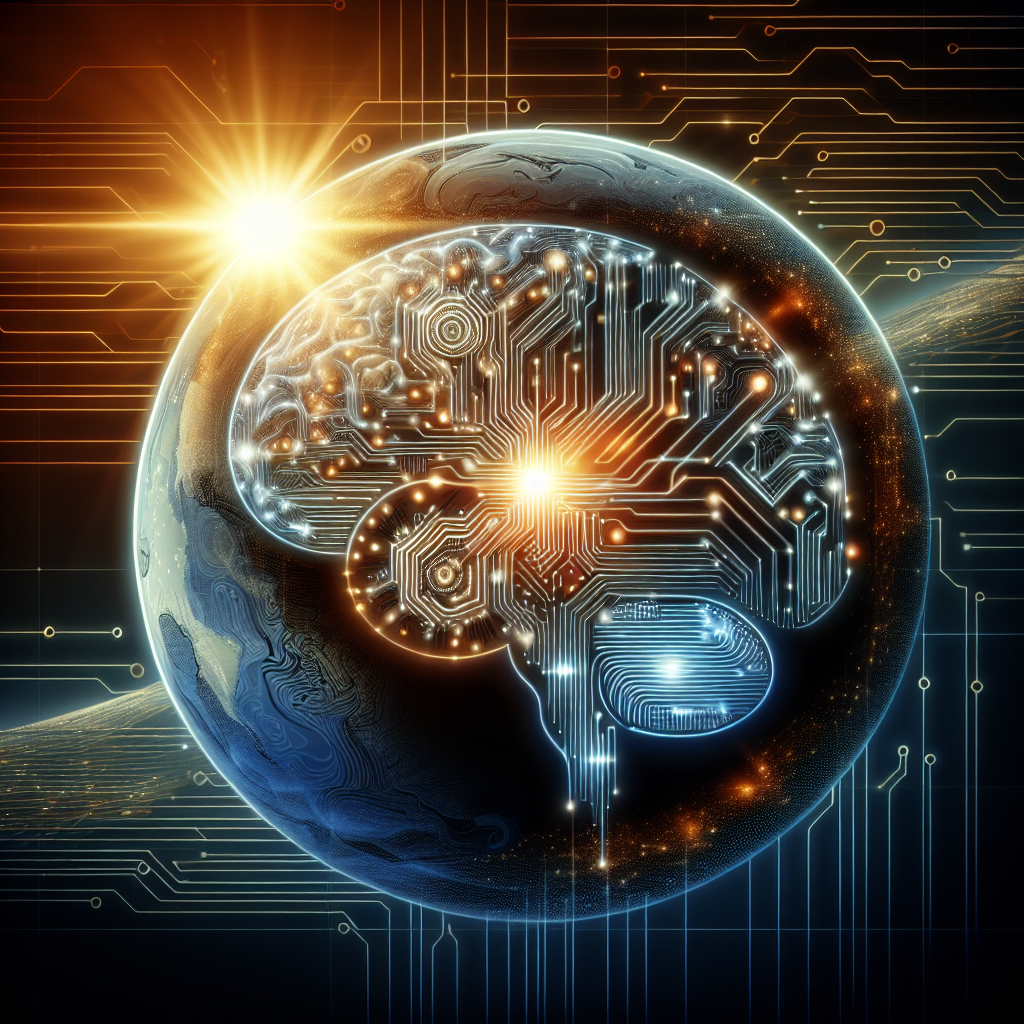AGI: A New Era of Intelligence and Possibilities
Artificial General Intelligence (AGI) is a term used to describe the next generation of artificial intelligence that is capable of performing any intellectual task that a human can do. This includes tasks such as reasoning, problem-solving, understanding language, and learning new skills. AGI has the potential to revolutionize industries, improve efficiency, and enhance our daily lives in ways we never thought possible.
The concept of AGI has been the subject of much speculation and debate in recent years. Some experts believe that AGI is just around the corner, while others argue that we are still years away from achieving true artificial general intelligence. Regardless of where we currently stand, there is no denying that AGI has the potential to change the world as we know it.
One of the key advantages of AGI is its ability to learn and adapt to new situations. Unlike traditional AI systems, which are limited to performing specific tasks, AGI can apply its intelligence to a wide range of problems and challenges. This flexibility makes AGI an invaluable tool for businesses looking to streamline operations, improve decision-making, and drive innovation.
Another key benefit of AGI is its potential to solve complex problems that are beyond the capabilities of human intelligence. For example, AGI could be used to analyze vast amounts of data to uncover hidden patterns and insights, develop new drugs and treatments for diseases, or even assist in the creation of new technologies and inventions.
In addition to its practical applications, AGI also raises important ethical and philosophical questions. For example, how do we ensure that AGI is used responsibly and ethically? What are the implications of creating machines that are as intelligent as, or even more intelligent than, humans? These are just a few of the questions that researchers and policymakers are grappling with as we move closer to achieving AGI.
Despite the potential benefits of AGI, there are also concerns about the risks and challenges associated with its development. For example, some experts worry that AGI could lead to widespread job loss as machines take over tasks that were once performed by humans. There are also concerns about the potential for AGI to be used for malicious purposes, such as hacking or surveillance.
Overall, AGI represents a new era of intelligence and possibilities that has the potential to transform society in ways we have never imagined. While there are still many challenges to overcome, the promise of AGI is too great to ignore. As we continue to push the boundaries of artificial intelligence, it is important to approach the development of AGI with caution and foresight to ensure that it is used for the benefit of all.
FAQs
Q: What is the difference between AGI and other forms of artificial intelligence?
A: AGI refers to artificial intelligence that is capable of performing any intellectual task that a human can do, while other forms of AI are typically limited to specific tasks or domains. AGI is more flexible and adaptable than traditional AI systems, making it a powerful tool for a wide range of applications.
Q: How close are we to achieving AGI?
A: It is difficult to say exactly how close we are to achieving AGI, as progress in artificial intelligence is constantly evolving. Some experts believe that we are just a few years away from achieving AGI, while others argue that we are still decades away. Regardless of the timeline, there is no doubt that AGI represents a significant milestone in the field of artificial intelligence.
Q: What are some of the potential applications of AGI?
A: AGI has the potential to revolutionize a wide range of industries, including healthcare, finance, transportation, and manufacturing. For example, AGI could be used to develop new drugs and treatments for diseases, optimize financial portfolios, improve traffic flow in cities, and automate manufacturing processes. The possibilities are endless.
Q: What are some of the ethical considerations surrounding AGI?
A: There are a number of ethical considerations surrounding the development and use of AGI. For example, how do we ensure that AGI is used responsibly and ethically? What are the implications of creating machines that are as intelligent as, or even more intelligent than, humans? These are just a few of the questions that researchers and policymakers are grappling with as we move closer to achieving AGI.

